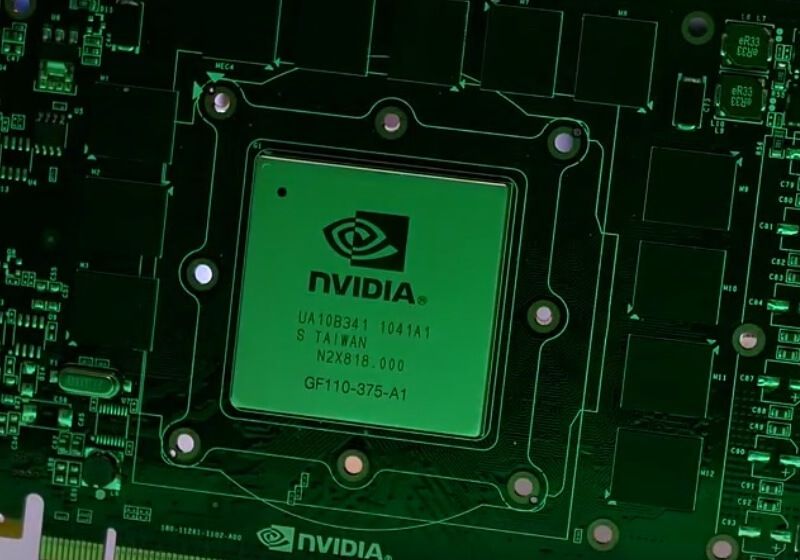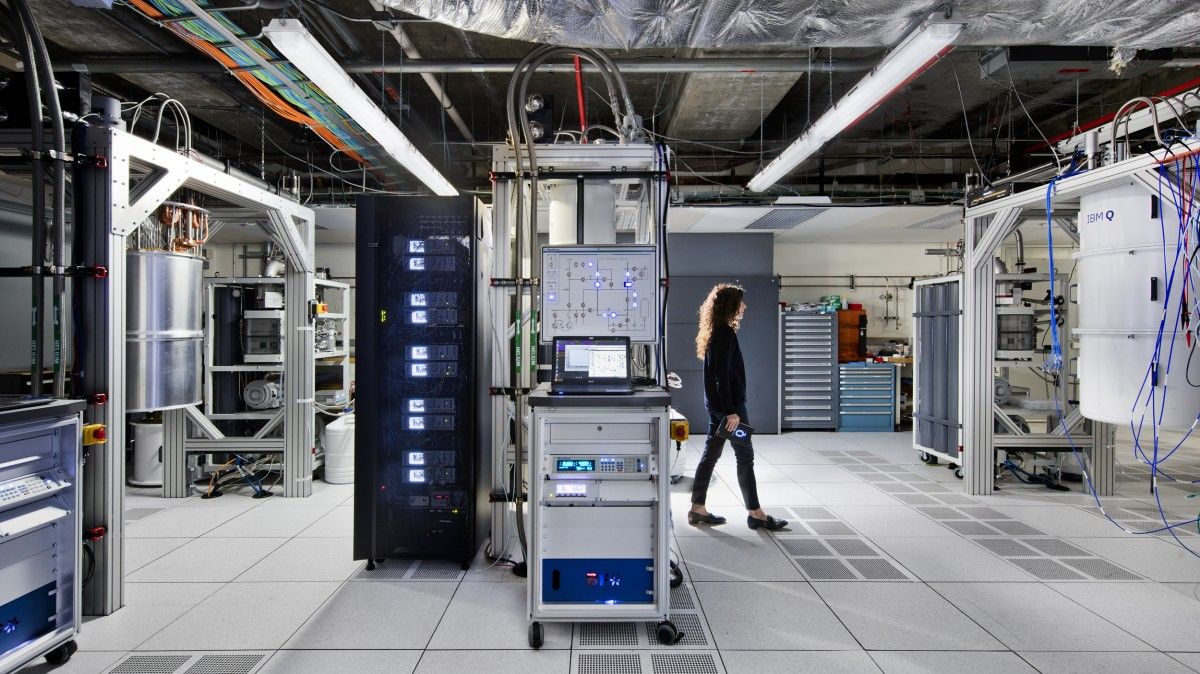Israel-based BrainQ is a new neurotech startup hoping to take on brain-computer interface (BCI) companies like Braintree founder Bryan Johnson’s Kernel and Silicon Valley billionaire Elon Musk’s Neuralink.
It’s not clear yet what Musk’s startup intends to do with the computer chips it plans to put in our heads, but Johnson’s startup says it is focused on developing “technologies to understand and treat neurological diseases in new and exciting ways.”
Whatever sector each company goes for, both plan to insert chips in our brains to connect us to computers — the consequences of which could have dramatic effects on human memory, intelligence, communication and many other areas that could rocket humanity forward, should they work out.









